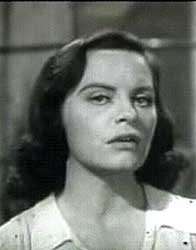Oddball Films presents Cold-Blooded Murder, a program of 16mm shorts on that most heinous yet fascinating of crimes: homicide. From the fictional to the factual with a vintage police training film, Poe and Bradbury adaptations, dark animation, Orson Welles deconstructing a true crime classic and more, it's one night of murder and mayhem you won't see anywhere else. Films include Crime and the Criminal (1973) edited from In Cold Blood (1967) and featuring Orson Welles making literary alliterations about the book and the film, a gorgeous print of rare police training film Homicide Investigation (1960s) to give you a taste of real-life criminal investigations before the advent of DNA and other high-tech forensic technology, the feverish episode of Ray Bradbury Theater: The Fruit at the Bottom of the Bowl (1988) starring Michael Ironsides as a man moments after a murder, Wolfgang Urchs' dark animation on escalating violence Die Pistole (1964), the Gracie Barrie Soundie about justifiable homicide: Stone Cold Dead in the Market (1946), and a noir-inspired adaptation of the Poe classic The Tell-Tale Heart (1971) for the early birds, plus plenty of deadly Trailers and more!
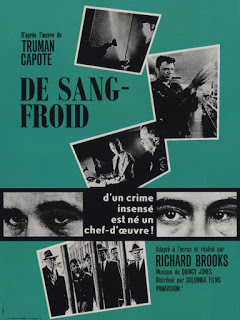
Crime and the Criminal (B+W, 1973)
Study of the criminal mind that focuses on Perry Smith, who, with his friend, robbed and ruthlessly murdered a Kansas family. Emphasizes the criminal as a human being and poses the question of the morality of capital punishment. Edited from Columbia Pictures' 1967 motion picture In Cold Blood - directed by Richard Brooks and starring real-life acquitted murder suspect Robert Blake - which was based on the book of the same title by Truman Capote. Orson Welles comments on the literary themes from behind a desk, bookending the 30 minute cut of the classic crime film with references to Oedipus and Dostoevsky.
This gorgeously colored Mad-Men era police training film provides a look into the procedures used in a homicide investigation fifty years ago. A cast made up of DPS officers, investigators and employees enact a murder mystery scenario that, through its twists and turns, takes the viewers through the many departments required to solve the case and bring the perpetrator to justice. Included are demonstrations of fingerprint matching, ballistics testing, chemical analysis, toxicology, autopsy, and a polygraph session.
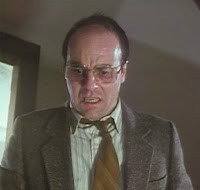
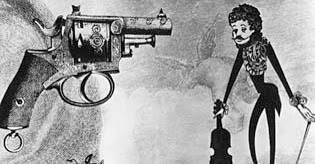
Wolfgang Urchs was among the prime shapers of film animation in the West German media landscape of the sixties. Urchs made only a few of the graphic films he had envisioned as most of his work was for hire in the industrial and advertising realms. Die Pistole, a powerful stop-motion animated film, demonstrates that even the most insignificant little bug is capable of great things, and that each of us can make his own modest contribution; though the film makes it clear that the path to non-violence is still a long one, steep and rocky. Urch was a member of the radical cinema group that published the Oberhausen Manifesto in 1962. The manifesto was a call to arms to establish a "new German feature film”. The signatories to the manifesto became known as the Oberhausen Group and are seen as important forerunners of the New German Cinema that began later in the decade.
Stone Cold Dead in the Market (B+W, 1946)
For the Early Birds:
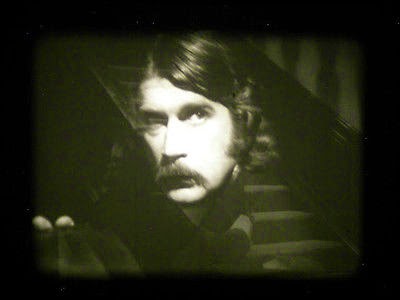
|
|
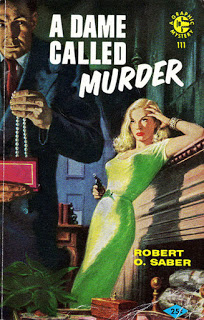
Our screenings are almost exclusively drawn from our collection of over 50,000 16mm prints of animation, commercials, educational films, feature films, movie trailers, medical, industrial military, news out-takes and every genre in between. We’re actively working to present rarely screened genres of cinema as well as avant-garde and ethno-cultural documentaries, which expand the boundaries of cinema. Oddball Films is the largest film archive in Northern California and one of the most unusual private collections in the US. We invite you to join us in our weekly offerings of offbeat cinema.




